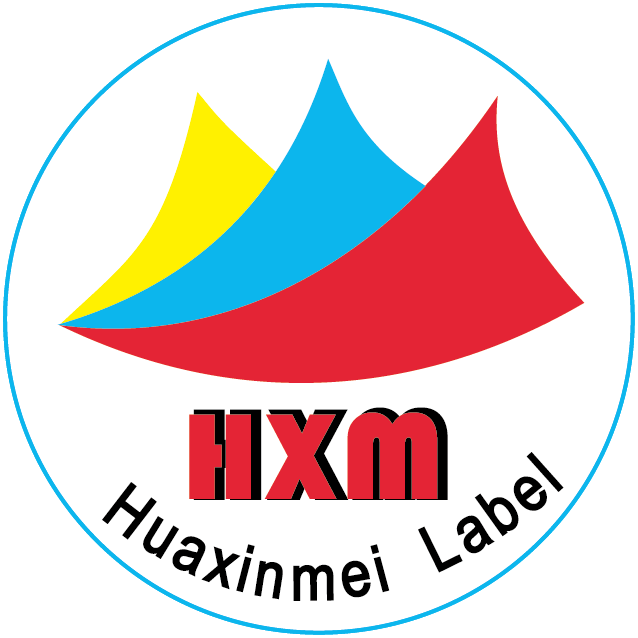With the increasing development of technology, the labels produced nowadays also adopt advanced technologies and generally use newly developed materials. For example, biodegradable materials are used. Such materials are environmentally friendly as they do not pollute the land and can be used sustainably. Moreover, this newly developed material has a price advantage. The price of using biodegradable labels is lower than that of labels made of ordinary materials.
Environmental Benefits
Reduced Garbage Accumulation: Traditional labels are mostly made of non-biodegradable materials such as plastics, which can remain in the environment for decades or even hundreds of years, causing garbage accumulation and occupation of land resources. In contrast, biodegradable labels can decompose into harmless substances in the natural environment, greatly reducing the amount of solid waste and helping to relieve the pressure of garbage disposal. The use of biodegradable material labels can reduce garbage production and contribute to making the Earth more environmentally friendly. Even if these label materials are disposed of as garbage after use, they will not cause much harm to the land.
Reduced Environmental Pollution: Biodegradable labels do not release harmful chemical substances such as heavy metals and plasticisers during the degradation process, and do not pollute the soil, water and air, protecting the ecological balance and biodiversity and contributing to the maintenance of the Earth’s natural environment. Reducing environmental pollution is an important advantage of biodegradability. Nowadays, people’s consumption concepts are increasingly focused on environmental protection awareness, and they tend to favour environmentally friendly products. Generally, the packaging of such products uses environmentally friendly materials.
Resource Recycling: The raw materials of biodegradable labels mostly come from renewable resources such as plant fibres and starches. These resources absorb carbon dioxide and release oxygen during the growth process, helping to slow down global warming. Moreover, after the biodegradable labels have completed their use, they return to nature and participate in the material cycle of the ecosystem, achieving the sustainable use of resources. Such environmentally friendly biodegradable materials contribute to recycling, which saves resources and raw materials.

Safety and Health
Safety in Food Contact: When used in the food and pharmaceutical industries, biodegradable labels, unlike some traditional label materials, will not contaminate food or medicine due to the migration or dissolution of harmful substances, ensuring product safety and protecting consumers’ health. For food safety, the use of such degradable materials is crucial as food safety is related to people’s health. Therefore, when manufacturing food packaging or food labels, it is advisable to use biodegradable materials. Food safety is of great importance. Using biodegradable materials for packaging ensures that no harmful substances will seep out even after long-term use, guaranteeing the health and safety of the product.
Environmentally Friendly Contact: For product labels used outdoors, such as those for horticultural products and outdoor goods, biodegradable labels do not pose potential health risks to users and organisms in the surrounding environment when in contact with the natural environment, making them safer and more reassuring to use. Biodegradable materials are very friendly to the environment because even after the products are used up, these labels will not have a serious impact on the environment as they are degradable.
Brand Image Enhancement
Meeting Consumer Trends: With the continuous improvement of consumers’ environmental awareness, more and more people tend to choose environmentally friendly products. Products with biodegradable labels are more likely to be recognised and favoured by consumers, which helps enterprises establish a good brand image and enhance their market competitiveness.
Demonstrating Social Responsibility: By using biodegradable labels, enterprises demonstrate their positive attitude towards environmental protection and sustainable development, reflecting their social responsibility. This enables them to win praise and respect from all sectors of society and is conducive to establishing good relationships with stakeholders. Environmentally friendly materials also carry such social responsibility because environmental protection is closely related to society and the world. The Earth is our common home, and people all over the world should work together to do a good job in environmental protection, because if a piece of land is polluted, the people on that land will also be at risk of being polluted.

Application Performance Advantages
Good Adaptability: Biodegradable labels have good flexibility, water resistance and printability, and can adapt to the requirements of different packaging materials and printing processes. They can clearly and accurately display product information and brand logos, meeting the packaging and marketing needs of enterprises. For any printing process, biodegradable labels are suitable.
Functional Diversity: By modifying and processing biodegradable materials, labels can be endowed with various functions such as antibacterial, moisture-proof and anti-counterfeiting, increasing the added value of the labels and providing better protection and marketing support for products. The newly developed biodegradable labels have diverse functions. According to the needs of enterprises, any text, QR codes, patterns, etc. can be printed to meet the diversified needs of enterprises. In addition, even after printing, they have good preservation characteristics and


